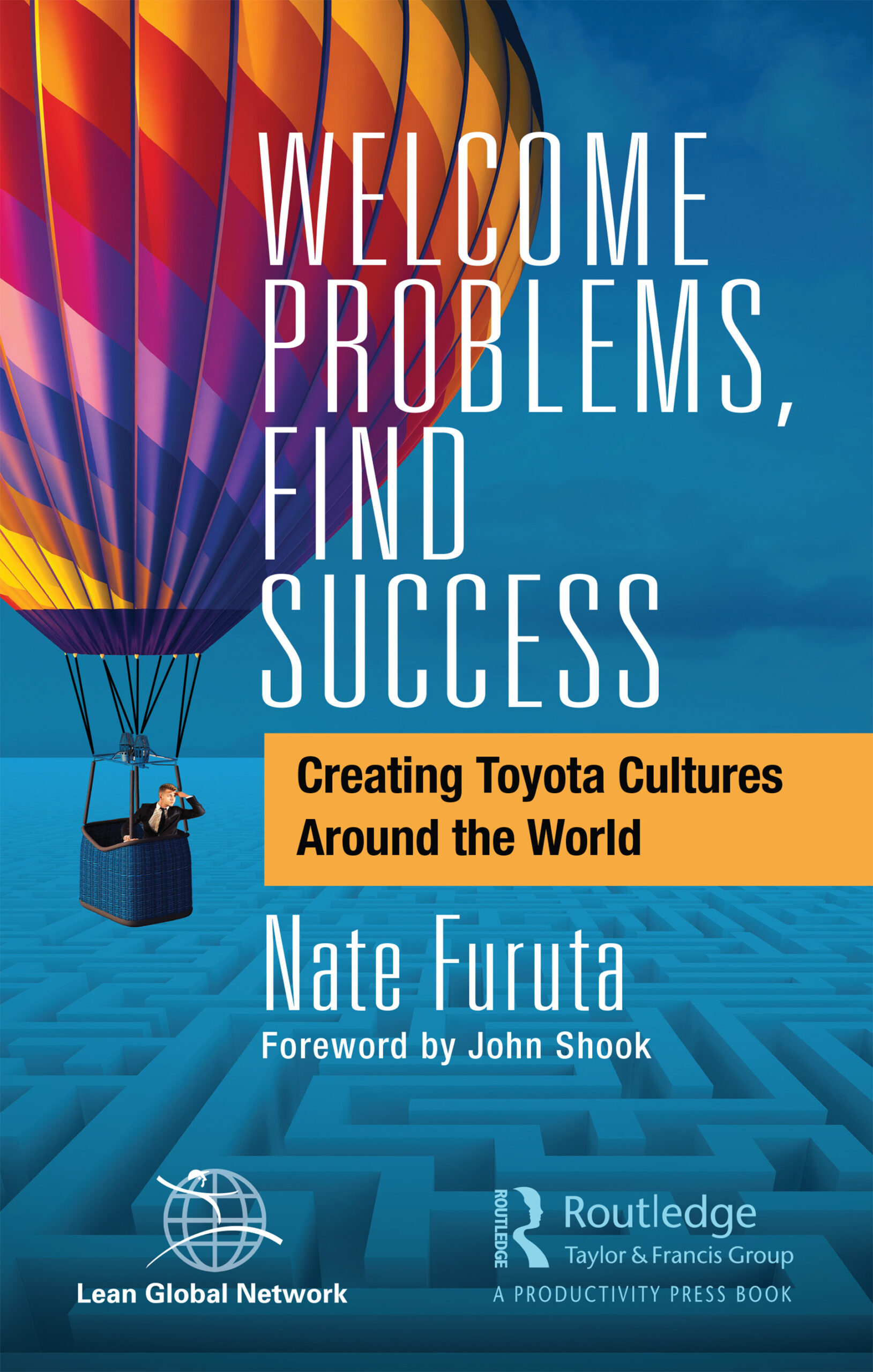A few days ago, I heard a sportscaster exclaim that only three players on the team for the upcoming year were with the team five years ago. As I pondered the fact that out of 88 players only three had five or more years in the system, I wondered what a similar impact would be on a product development organization.
Is it possible to have significant churn of people and still attain excellence? Jim Morgan, author of Designing the Future and The Toyota Product Development System, says product development is a team sport. Consequently, organizational learning should be considered a cornerstone in achieving product development excellence.
Over the nearly 34 years I spent with Caterpillar, learning was viewed through many different lenses. Its popularity ebbed and flowed with the budget and attitude of any particular CEO’s agenda. Individual learning is often self-driven and part of one’s annual objectives. Rarely do I recall a recognition, however, of the need for “organizational learning.” All too often this is left to happen naturally (hint: is usually doesn’t). And when it does, it’s under-appreciated for its impact on the culture and the project success. For the purposes of this explanation, let’s define organizational learning as “the process by which a group of people in different disciplines grow together to improve.”
Why doesn’t real organizational learning happen more often? Executives most often view product development as the job of engineering and to be specific, “design” engineering. Too often projects are launched as soon as there is a leader and enough designers to get things moving. Project commitments of budget, schedule, and deliverables are committed to with little regard for the impact on purchasing and manufacturing. These two groups will receive the output of the designers and be asked to make and procure parts and assemble products. The “learning” comes when nearly completed designs are deemed difficult to make or assemble and are either forced into production or forced into a series of revisions.
I agree with Morgan that an organization that is truly committed to learning recognizes product development as a team sport. It recognizes that having players from all impacted disciplines enables a conversation of possibilities that will yield the best outcomes… long before designs are close to being finalized. A learning organization tracks failures from previous experiments to prevent recurrence in new products. This sounds simple, right? Of course it is; or is it?
Learning happens when people and teams are afforded the opportunity to learn and apply their knowledge. This, however, should not be a one-time event. In product development, the team should be allowed to learn through program execution, both successes and failures. This way when team members execute again, they are smarter. Over time, the organization can perform more efficiently and effectively.
Reflecting on the sports team with high churn, if a sports team is together for several years and is committed to learning as a team, from both wins and losses, it will improve. In fact, there are great examples of teams who lacked super star individuals yet attained significant success. However, if there is constant churn of people and coaches, it’s unlikely that true success will be attained. It’s also likely that the culture and experience of the individual team members will be poor.
Learning happens when people and teams are afforded the opportunity to learn and apply their knowledge.
In the world of product development, organizational learning also happens best when leadership recognizes the benefits of fully staffed, cross-discipline teams. Alas, leaders too often deem program scope non-negotiable while reducing budgets and pulling is introduction dates forward. Nothing good comes from this behavior.
Companies realize the benefits of organizational learning when teams are allowed to execute through multiple cycles, becoming faster and better with each new project. During my time at Caterpillar, I often found pockets of excellent teams in areas out of the limelight. The product may have been less exciting and not a signature of the company. The team was left alone and given enough budget to survive but no more. People didn’t get promoted out of their roles because they were committed to a particular location and could not move or deemed unworthy of promotion. Still, almost by accident, leadership created the opportunity for organizational learning to thrive.
What did these excellent teams look like, and how did they function? Designers worked hand in hand with purchasing to engage suppliers. The operations and manufacturing engineers were pulled in to assist on prototype builds. Inch by inch, the product development process was executed. There was little attention from executives to advance dates. Out of the lost corners of the enterprise, great products emerged. It wasn’t magic, and it wasn’t by accident; it was because the conditions were in place for organizational learning to thrive.
Many books have been written on the topic of organizational learning likely because we recognize how important it is despite it being difficult to attain. If recognition of the problem is the first step towards achieving a solution, then perhaps your organization has hope of success.
Build capability. Drive transformation. Deliver better outcomes.
Whether you’re just getting started or looking to go further, our custom training and coaching services help your product development teams learn by doing. We’ll meet you where you are—with practical, hands-on support to tackle real problems and build lasting capability.
Designing the Future
An Introduction to Lean Product and Process Development.






